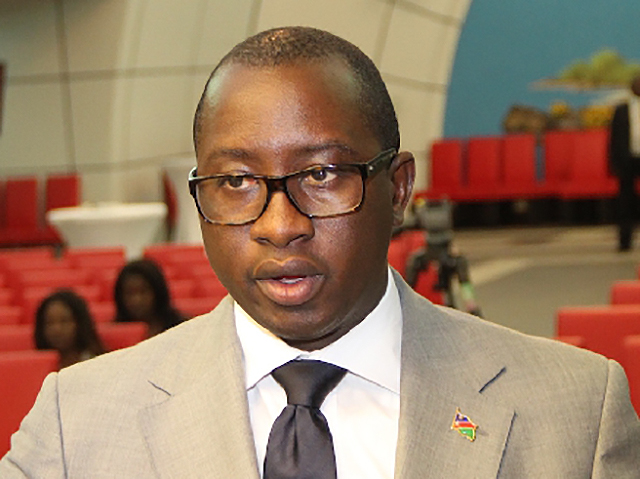
By: Wonder Guchu
Former justice minister Sakeus Shanghala says he is not guilty and is ready to stand trial.
Shanghala was arrested in 2019 with former fisheries minister Bernhardt Esau, former Investec bosses James Hatuikulipi and Ricardo Gustavo, Pius Mwatelulo, and Tamson Hatuikulipi.
The six were later joined in prison by former Fishcor CEO Mike Nghipunya, Phillipus Mwapopi and Otniel Shuudifonya.
They face various charges ranging from tax evasion, fraud and money laundering in what is known as the fishrot scandal.
Shanghala is applying for bail in the Windhoek High Court and is expected to testify via an affidavit.
In the affidavit seen by The Villager, Shanghala says he is not a flight risk and that his family, friends and assets are all in Namibia.
Shanghala also says that when Esau was arrested in 2019, he was in Cape Town.
“When I became aware that a warrant of arrest was to be issued for my arrest, I returned to Namibian and handed myself over to the ACC,” he says, adding that if he had wished to evade justice, he would not have returned home.
The former minister also said that since two separate proceedings have been joined and given the number of accused persons and entities and the number of counts each face, the trial is likely to be lengthy.
He also says the likelihood of a state successfully prosecuting him and other using evidence given by the whistleblower Johannes Stefansson was low.
Shanghala says there is no indication of when the trial will begin considering that he has already been in custody for about two years.
Denying him bail, he further says, constitutes a further violation of his fundamental rights, which the Constitution firmly protects.
“My legal representatives have been seeking to negotiate with the prosecution that I be released on bail pending the finalisation of the trial.
“However, the prosecution insists that a formal bail application be brought, and it is clear that it will oppose my release on bail,” he says.
Shanghala argues that the prosecution’s stance is even though the Constitution states that no person may be deprived of personal freedom except according to procedures established by article 7.
He argues that the same Constitution states that no person shall be subject to cruel, inhuman or degrading treatment (article 8 and in respect of criminal matters, all persons are entitled to a fair trial (article 12).
“I submit that, in adopting the stance it has, the prosecution is in breach of its obligation under article 5 of the Constitution and that that is a factor that this Honourable Court ought to take into account when deciding this application,” he says.
He adds that he would have been in custody for several years without being found guilty of any offence unless he was granted bail.
Shanghala submitted that fundamental human rights and freedoms do not allow for such lengthy incarceration of persons who have not yet been found guilty of a criminal offence according to the holding of a fair trial that meets the requirements of Clause 12 of the Constitution that provides that a criminal trial shall take place within a reasonable time.
If this fails, he says, the accused person should be released, and that article 12 states that all such persons should be presumed innocent until proven guilty.
“I aver and submit that with respect to the issues raised in the paragraphs above are in themselves weighty and persuasive enough to lead this Honourable Court to conclude that it is not in the interest of the administration of justice that I be refused bail,” he says.
According to Shanghala, the court should consider whether the different state agencies responsible for his arrest and detention conducted themselves lawfully.
He accuses the Anti-Corruption Commission of acting unlawfully by investigating the case while the Anti-Corruption Act says they have no authority.
“I submit that in terms of section 83 of the POCA, only the Inspector-General of Police may authorise an investigation into offences created by POCA, and he may only authorise a member of the police to conduct the investigation,” Shanghala argues.
Furthermore, Shanghala says that the papers do not show who authorised the investigations since the Anti-Corruption Act does not allow the ACC to probe money laundering charges.
Shanghala also says that Prosecutor-General Martha Imalwa did not indicate in her application for the provisional asset restraint application in November 2020 who authorised the investigation.
Despite grave doubts cast on his character, the former minister says he has been a faithful servant for some 10 years, and he served the country in various positions.
“I am not guilty of any crime, and I intend to stand trial,” he says.
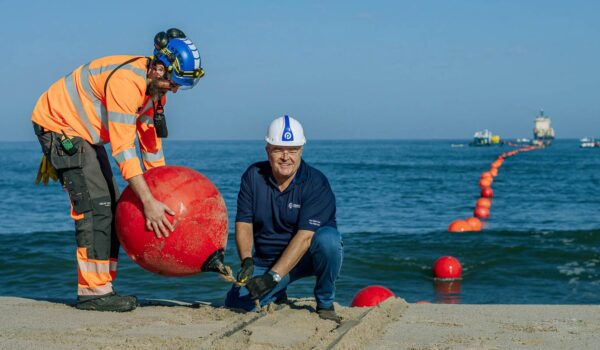
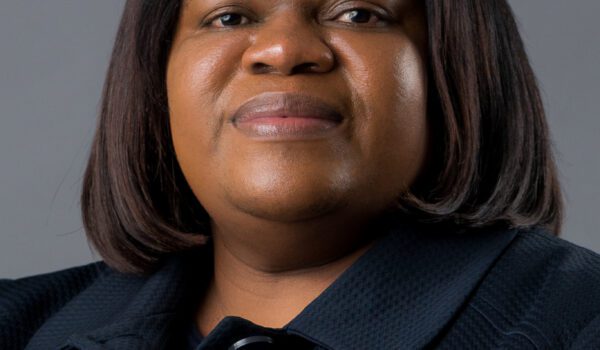
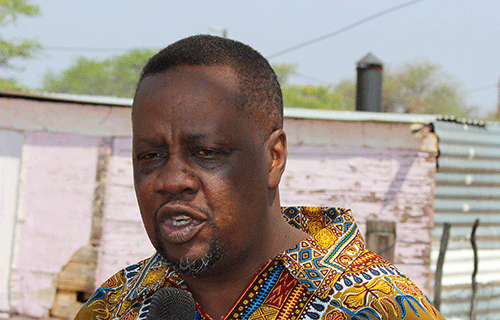


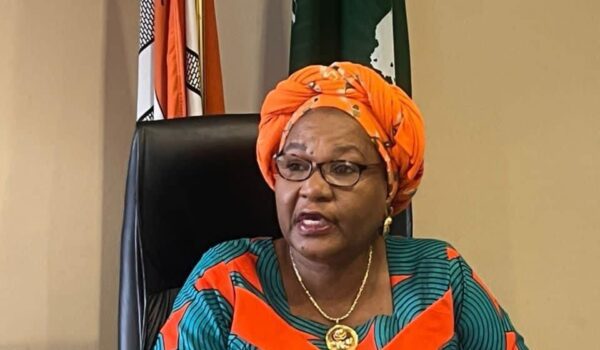
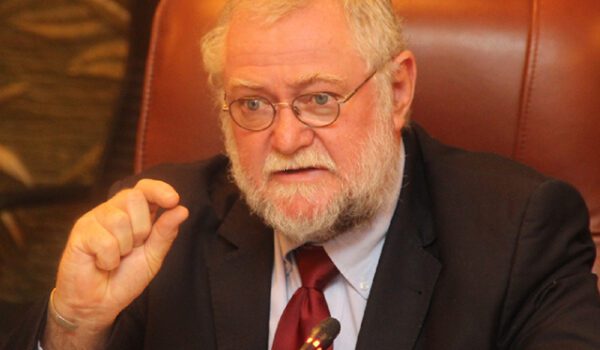
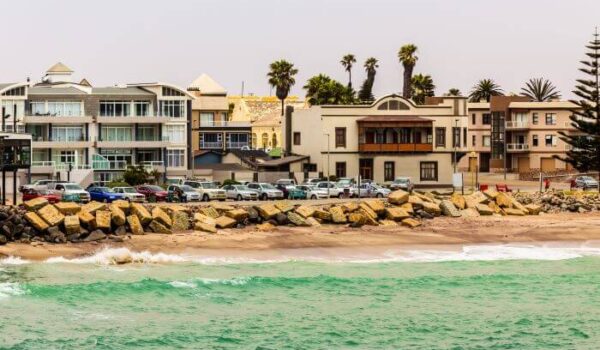

Comments